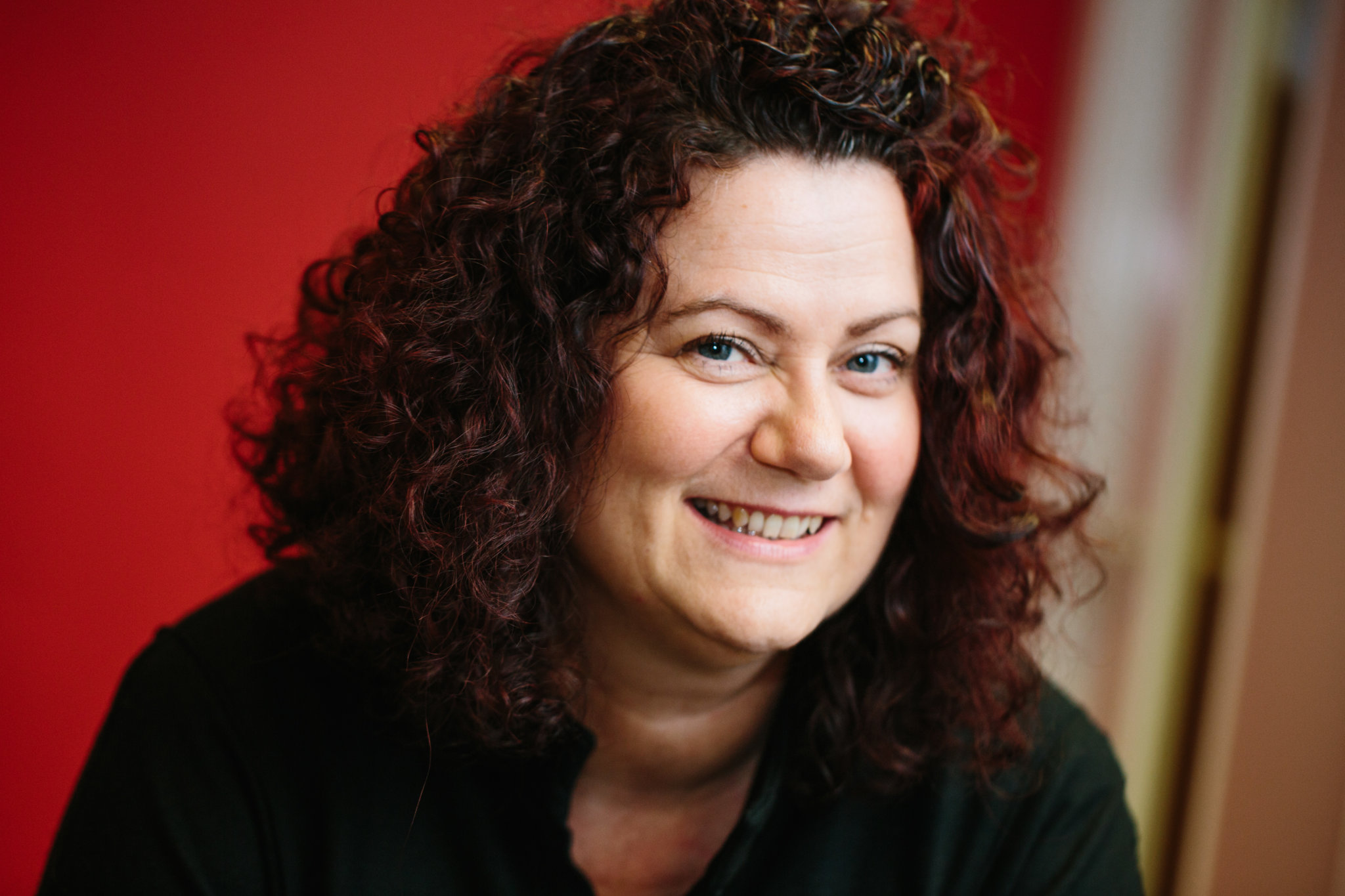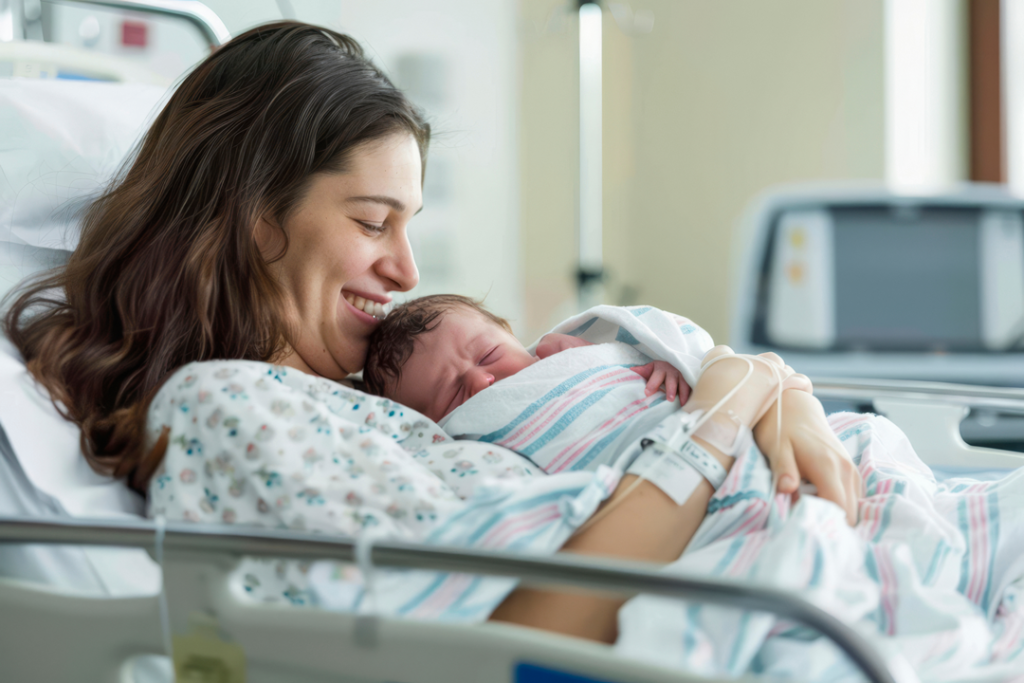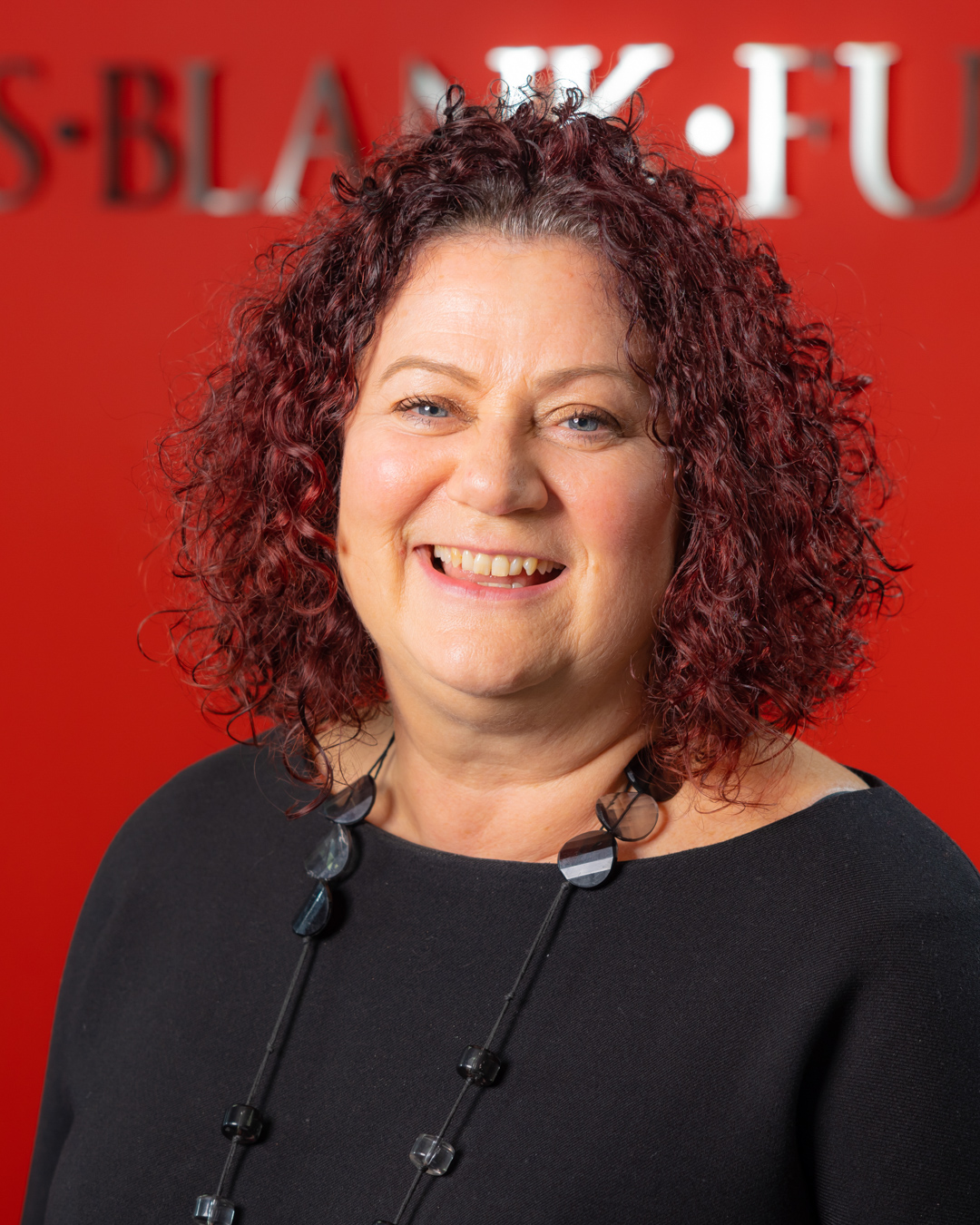Excellent experience start to finish – always very responsive to any queries and the turnaround on the property I was buying was very quick, even in the busy time leading up to stamp duty deadline. Jenny was always very helpful and went above and beyond to close on a short timescale.
Important Care for Pregnancy
I recently met a lady who told me that she had just returned to work after maternity leave. We eventually started to talk about her children and then she told me of her traumatic birth experience which left me shocked.
Her first child had been born in a very routine way. She had had a normal pregnancy and the birth had been rather quick. However, with her second child she started to feel labour pain and knew that her baby was on its way. She went to her local hospital, suggested that she was in labour and that she was in significant pain. She was seen by a midwife and sent home. The midwife did not believe her.
Stunned, she returned home. As soon as she got there her husband had to ring 999 as the baby started to arrive. To cut a long story short, she gave birth on her couch, in the living room, with her husband on the telephone to a 999 operator. The birth was quick as it was with her first child and unsurprisingly she suffered a horrendous birth injury.
She then went back to hospital where she was diagnosed with a third degree tear and had to undergo extensive surgery. For those of you who aren’t squeamish, a third degree tear is a tear which can involve the vagina and the muscles of the anus. Unsurprisingly, this lady now has significant ongoing issues which are dreadfully personal and sensitive. She said that she just wasn’t believed and the midwife is now being re-trained.
I looked at the lovely, young, articulate, intelligent, professional lady in front of me and wondered why she wasn’t believed. I then recalled a recent report, Saving Lives, Improving Mothers’ Care, and realised that perhaps she wasn’t taken seriously as she was of Asian heritage.
An Independent Report
The report found that women from black, Asian and minority ethnic backgrounds were most at risk across the board during the whole process of pregnancy and birth. The inequality in birth outcomes highlighted by the report prompted the Royal College of Midwives to call for training and awareness raising of unconscious bias for NHS staff.
Sarah Paramasivam, a midwife from London says that she has seen evidence of unconscious bias in birth rooms. She has heard medical professionals make statements such as “because you are Asian your pain threshold will not be good”. She reports never hearing this statement said to caucasian women. So, it appears that the lady I met was not alone when she was not believed. This is simply not right.
The Independent recently reported that another women recalled that she too was rushed to hospital in the middle of the night feeling like she was about to give birth. She was treated in a very relaxed and nonchalant way. She repeated to the staff that it wasn’t a joke and that she was really in pain. She had to plead for gas and air. She reports that her daughter literally popped out within half an hour and suddenly all the staff looked shocked.
Other pregnant ladies complain of being in agony and being told that they were exaggerating. The overall conclusion is clearly that not being heard and not being trusted was extremely upsetting.
All women, including BAME women, need to be respected, heard, acknowledged and informed more by the midwives during the birthing process. Mars Lord, a birth activist who has worked as a doula for more than 10 years, says that she has heard many accounts where BAME women are ignored during childbirth: “BAME people are not at risk because they are BAME, but because of the way they are treated for being BAME”. Ms Lord believes that there is a need for more birth education classes written for and by BAME people and delivered by BAME people.
The statistics show that BAME women do have poorer outcomes in pregnancy than white women. This is clearly not acceptable and no one should have poorer care because of their skin colour. The NHS should be doing all it can to change this. It’s positive to see that The Royal College of Obstetricians and Gynaecologists is requesting a national strategy around women’s health as a matter of urgency, calling for a national women’s health strategy to ensure improvements are made to support women, regardless of their heritage.
If you would like to discuss any issues raised by this article, please contact Kate Oldfield on 0161 832 3304. For more information about Kate and her work.



